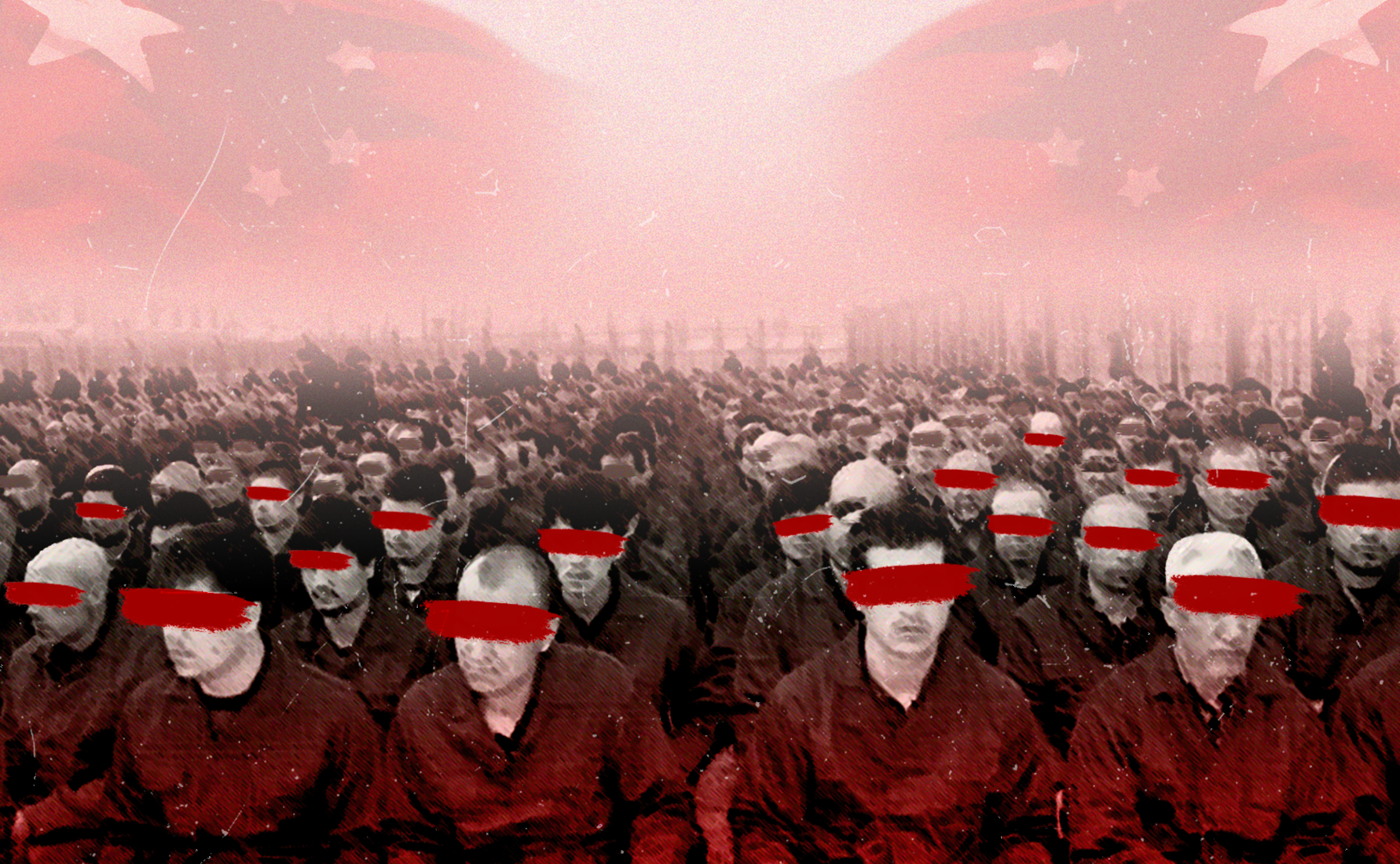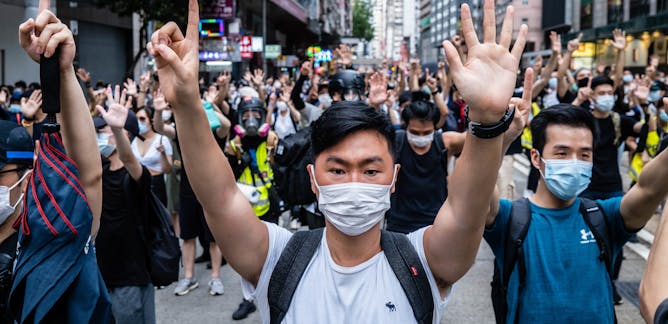The UK is finally calling a spade a spade when it comes to blatant Chinese human rights abuses against its ethnic Muslim minority.
The UK, which has long been flirting with both US and Chinese national interests in the current conflict between the two, has hinted that it will be taking a firmer stance against China after its crackdown on Hong Kong and its treatment of the Uighur ethnic minority. UK foreign secretary Dominic Raab heavily suggested that the UK would be hopping off the fence in coming weeks regarding China’s sketchy human rights record, telling the BBC that ‘it is clear that there are gross, egregious human rights abuses going on.’
The program of ‘re-education’ and forced sterilisation carried out against the ethnically Turkic, predominantly Muslim Uighur population of Xinjiang province by the Chinese Community Party (CCP) has been public knowledge to some degree of certainty for some years now, however the issue recently gained traction when footage of shackled and blindfolded Uighur prisoners in Xinjiang went viral for the second time.
https://twitter.com/studioincendo/status/1283778600844423168
The drone footage depicts hundreds of captive Uighur prisoners, chained, shaved, and dehumanised, led from a train in what appears to be a transfer of inmates between ‘internment’ camps last August.
In a combative interview with the BBC’s resident interrogator Andrew Marr, China’s ambassador to the UK Liu Xiaoming said in response to the pictures, ‘I do not know where you get this videotape… sometimes you have a transfer of prisoners, in any country’.
The shadow foreign secretary Lisa Nandy, interviewed directly after Xiaoming, had a different take. She stated that the CCP was clearly engaging in ‘genocide’, defined as ‘the deliberate persecution and killing of a large group of people on the basis of their ethnicity of nationhood’, and she urged the UK government to follow the US and impose sanctions on Chinese imports.
Asked whether he agreed with Nandy’s take, Raab stressed that the international community be ‘careful’ with such forceful labels, however he emphasised that reports are ‘troubling’, particularly from ‘a leading member of the international community who wants to be taken seriously.’
It is believed that up to a million Uighur people have been detained in concentration camps over the past few years. China previously denied the existence of the camps before defending them as necessary ‘re-education’ facilities following a handful of instances of separatist violence in the Xinjiang province.



















